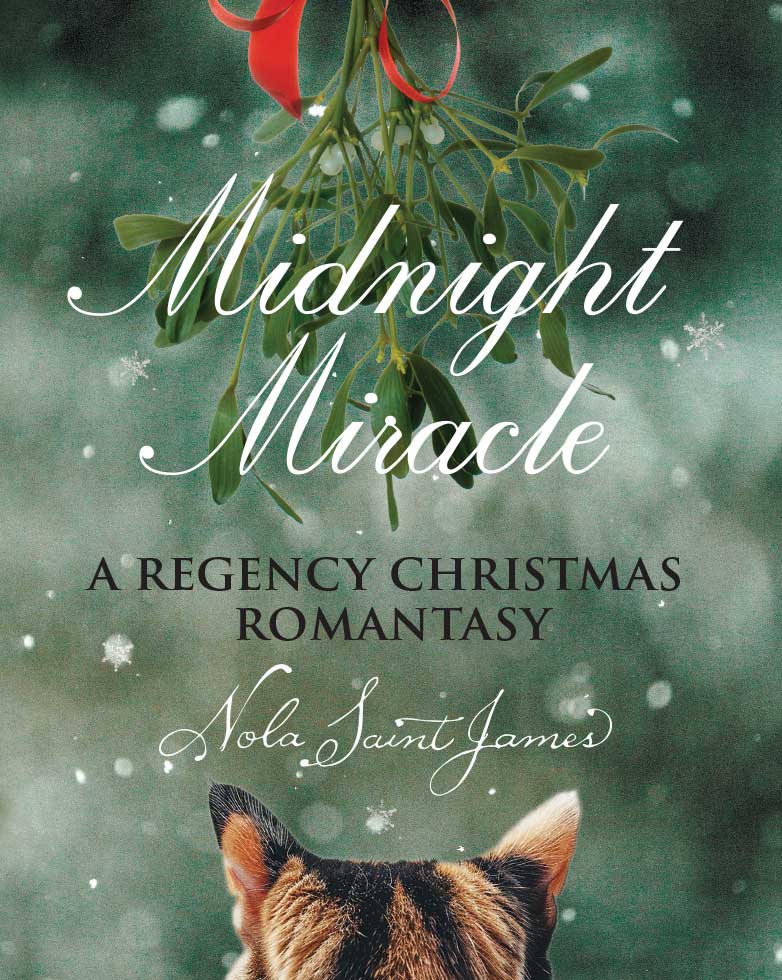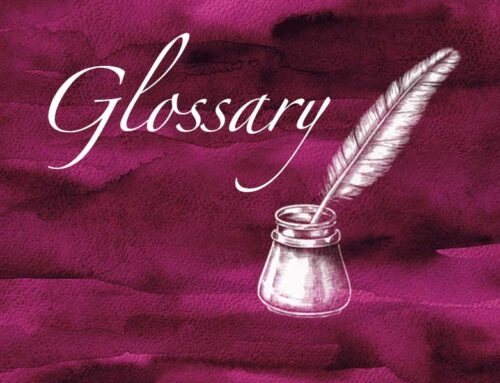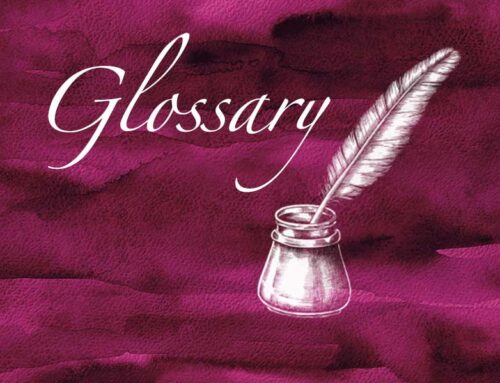
Terms to be found in Midnight Miracle: A Regency Christmas Romantasy.
Ashmead’s Kernel apples
This is a type of green apple which originated in England in the 1700’s. Although not particularly attractive, it has a unique flavor that is reminiscent of pear. This has made it a popular eating apple. Ashmead’s Kernel is very versatile. It is delicious when eaten raw, but it can also be cooked with good results. It produces excellent juice and hard cider.
Axminster carpet
Axminster carpets, much prized in late 18th century and 19th century England, got their name because they were made in the English town of Axminster in Devon. The factory was founded in 1755 by cloth weaver Thomas Whitty. These carpets were highly prized by King George III and Queen Charlotte and by many members of the British aristocracy.
The carpets were modeled on the Savonnerie carpets (pile carpets) produced in France and also inspired by Turkish carpets that were available in England at the time. Whitty pioneered a new process for creating his new carpet, which resulted in a high quality, brightly colored floor covering. Like the French carpets, they often featured Renaissance architectural or floral patterns; others mimicked Oriental patterns.
The Whitty factory closed in 1835 with the advent of machine-made carpeting. The name Axminster, however, survived as a generic term for high quality machine-made carpets whose pile is produced by techniques similar to those used in making velvet or chenille.
Today, a company tracing its roots to the Whitty factory is still producing high quality Axminster carpets in Axminster. Axminster carpets are most frequently used in country homes, luxury hotels, global airlines and train carriages. The former original carpet factory, in which Thomas Whitty founded the company and wove the first carpets is now the home of Axminster’s Heritage Centre which houses the town museum and the tourist information center.
Boxing Day
Boxing Day, the day after Christmas, December 26, was known as St. Stephen’s Day. In the Regency era, Boxing Day was a time when wealthy people gave gifts to servants, tenants and tradespeople. These gifts were called “Christmas boxes.” They would contain money, gentlyused clothing or other items. The day was also traditionally a day off for servants, who would often use it to visit family and friends
Brangle
To squabble. The word is a blend of the words brawl and wrangle. The Oxford English Dictionary cites the first use of this word in 1513. It appears in The Eneados, a Middle Scots translation of Virgil’s Latin Aeneid. It was authored by poet and clergyman Gavin Douglas. He was the bishop of Dunkeld, in Scotland.
Curry
This term, when used in relation to horses, has nothing to do with cooking!
The word curry is derived from the French word correirer — to put in order, to prepare or arrange. In English, this term has been around for about 800 years. It refers to rubbing down or grooming a horse. To do this, one uses a curry comb. When currying a horse, one is rearranging the horse’s hair into a more ideal direction. Thus the connection to the French word.
Entail
An entail was a legal device to prevent property (including land, houses, the family fortune and property) from being broken up and preserving the family’s wealth. Entailed property went to the eldest son. It was possible that not all the wealth or property in a family was entailed. Unentailed property could be distributed at the property owner’s discretion.
Marry Over the Anvil
In 1754, in England, a new marriage law was passed that prohibited young people under 21 to marry without their parents’ or guardian’s consent. This law did not apply to Scotland. In Scotland, anyone over the age of 15 could enter into marriage as long as they were not closely related to the other person and were not in a committed relationship with someone else. The marriage could take place in private or public with or without witnesses anywhere in Scotland.
Gretna Green, which is in the southern council area of Dumfries and Galloway, is the closest town in Scotland adjacent to the English border. In the 1770’s, a toll road was built which ran through the town. This made it even more accessible to the English border. Gretna quickly became the destination for eloping couples.
In Scotland, it was not necessary, as it was in England, to have a priest officiate at a marriage. The most senior and respected craftsman in most villages was the village blacksmith. The Blacksmith’s Forge at Gretna Green soon became the traditional place to marry. To “seal” the marriage, the blacksmith would strike his anvil. This custom led to the Gretna blacksmiths becoming known as ‘anvil priests.’ It is still possible to marry in Gretna Green over the anvil. Please note, even in the 18th and 19th century, the price of a wedding was not cheap. Today modern prices prevail.
Mistletoe
Mistletoe is a leathery-leaved parasitic plant which grows on apple, oak, and other broadleaf trees and bears white waxy-looking berries in the winter. The Celtic Druids worshiped the mistletoe that grew on their oak trees, which were sacred to them. As the oak lost its leaves with the coming of the winter, the Druids believed that the spirit of the oak passed into the still green mistletoe to be safeguarded for the winter. In the spring, the spirit of the oak would be transferred from the mistletoe to the tree.
Since ancient times, mistletoe has been understood to be a plant of peace and friendship. If enemies met under a tree on which mistletoe grew, they would lay down their arms and call a truce for the rest of the day. If friends met under mistletoe, they would consider their friendship blessed with good luck. Pieces of mistletoe were hung above doors as a signal that old quarrels and grievances were forgotten.
It’s not much of a leap from friendship to romance. Sometime in the 18th century, British servants, possibly inspired by the Christmas season concept of the Lord of Misrule, in which servants and masters switched roles, began to steal kisses beneath hanging mistletoe clusters used to decorate homes. Charles Dickens mentions this custom in The Pickwick Papers (1836.)
According to tradition, it’s bad luck to refuse a kiss under the mistletoe. When a man kissed a woman under the mistletoe, he was supposed to pluck one of the berries off the cluster. When there were no more berries, there could be no more kisses in that particular place. Interestingly, this last custom seems to have been ignored over time! Wonder why?
Playing Ducks and Drakes
This saying is thought to go back to the late 16th century. While the precise origin is unclear, it is thought to refer to the way in which ducks act in the water — taking off from a pond with a lot of flapping of wings, or making rings when splashing, or bobbing their heads. It has come to have the meaning of handling something recklessly or with possible ill intent, or to squander resources.
Rom, Roma, Romany
The terms Rom, Roma or Romany refer to itinerate groups of people who were traditionally called gypsies. One such group originated in South Asia and dispersed across Europe and North and South America. Their native language is Romani, which is related to Hindi.
In the United Kingdom, in data collection, the term Gypsies includes such specific groups as English Gypsies, Scottish Gypsies (sometimes referred to as Travelers,) Welsh Gypsies and other Romany groups. Irish Travelers have specific Irish roots. More recently, the general term Roma is associated with itinerant recent migrants from Central and Eastern Europe.
In the English language (according to the Oxford English Dictionary), Rom is a noun (with the plural Romá or Roms) and an adjective, while Romany is also a noun (with the plural Romanies) and an adjective. Both Rom and Romany have been in use in English since the 19th century as an alternative for Gypsy.
Sir Thomas Lawrence
Sir Thomas Lawrence (April 13, 1769 – January 7, 1830), the Romantic portraitist of the Regency, came from humble beginnings. was a renowned English portrait painter and the fourth president of the Royal Academy. He came from humble beginnings. His father was an innkeeper. A child prodigy, he was supporting his family, who had moved to Bath, with his pastel portraits. At 18, he went to London and soon established his reputation as a portrait painter in oils, receiving his first royal commission, a portrait of Queen Charlotte, in 1789. He stayed at the top of his profession until his death, aged 60, in 1830.
St. Stephen’s Day
In the late Roman/early Christian era, alms boxes were placed in churches to collect special offerings tied to the Feast of Saint Stephen, which, in the Western Christian Churches, falls on the same day as Boxing Day, December 26.
Ton
The word ton was the Regency term that referred to British high society. It comes from the French le bon ton, which means good or elegant form or style. The term ton is first recorded in the Oxford English Dictionary in 1769.
Trustee
A trustee in the Regency era was a man who was entrusted with seeing to the welfare of a minor male or female in the absence of a male parent. A trustee was expected to make sure that the young person had an appropriate education, food, lodging and socialization with his/her peers. In addition, the trustee was the guardian of any property, including land, valuables and money that belonged to the young person.
In a situation where the trustee was responsible for a young man, the trusteeship usually came to an end when the young man reached his majority, which was when he reached the age of 21.
A woman’s situation was different because, although her age of majority was also 21, where there were significant sums of money involved, women were not thought to be able to manage their own funds. Therefore, women were often subject to the dictates of a male relative, trustee or guardian for their entire lives unless they married. When married, a woman’s property transferred to her husband, who could do with it anything he wished.
William Shakespeare
William Shakespeare (1564 – 1616) is almost universally considered to be most influential writer of the English language. Along with the King James Bible (1611), Shakespeare’s writings made the greatest contribution to modern European culture over the last 400 years. His plays, in both the original versions and modern interpretations, are still being staged today around the world in English and in translation. Think Romeo and Juliette and Westside Story. His poetry is the language of love. Shall I compare thee to summer’s day? Thou art more lovely and more temperate. (Sonnet 18)
Shakespeare was a brilliant inventor of language. He created compound words, adverbs and adjectives from verbs and added suffixes and prefixes to many words. He is credited with the invention or introduction of over 1,700 words that are still used in English today. Some well-known phrases include melted into thin air, wild goose chase, I haven’t slept a wink and break the ice. Words attributed to Shakespeare that are still used today include, alligator, bedroom, critic, eyeball, gossip, kissing, puppy dog, traditional and zany. How varied these words are! (Varied was also one of Shakespeare’s words.)
Will ‘O the Wisp
The earliest use of this term in English is the late 1500’s. It is a description of a phosphorescent light seen hovering or floating at night over marshy ground. It has come to have the meaning of something that is ethereal, fairy-like or ghostly. The will o’ the wisp phenomenon is known by many different names all of the world and is found in many folk tales.


